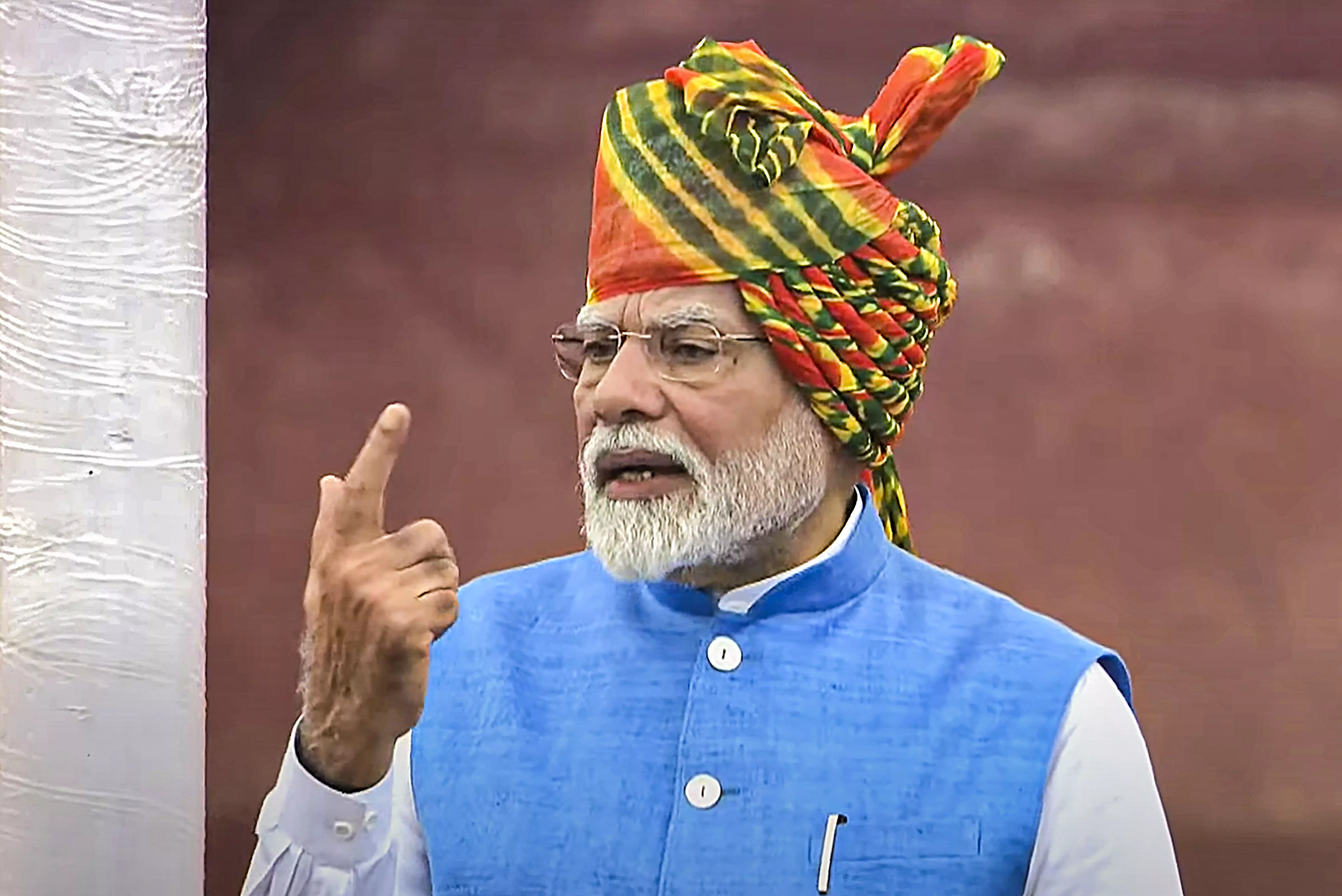AA Edit | Will a 'secular' civil code benefit a diverse India?

Prime Ministers often put before the people the unfinished agenda of their nation in their speeches from the Red Fort on Independence Day. Mr Narendra Modi was no exception. On Thursday, he mentioned two important subjects, among others — the need for a “secular” civil code and women’s safety.
Article 44 of the Constitution, as part of the Directive Principles of State Policy, states that “the state shall endeavour to secure the citizen a uniform civil code throughout the territory of India” even though the Constitution elsewhere makes it abundantly clear that it shall not be enforceable by a court of law. There was intense discussion in the Constituent Assembly on the need to have a uniform civil code but handed the responsibility over to the coming generations to take the discussion forward and create an atmosphere when every community is confident of being part of the larger one. But even while so doing, the Constitution has provided for protecting the identity and customary practices of individual communities.
The Sangh Parivar has been harping on uniformity in every aspect of national life and the imposition of a uniform civil code fits smugly into its scheme of things. How much it reflects the national mood is the moot question, which could in all probability return an answer in the negative. The uniform civil code introduced in Uttarakhand by the BJP government is an example where the adivasis or tribals have been given an exception in the laws “related to marriage and divorce, successions, live-in relationships, and matters related thereto”. There will be the demand for such exemptions in every state.
However, it is welcome that the Prime Minister has called for “widespread discussions” on the topic and called on all to come forward with their opinions. The Prime Minister, while stating that that “the present laws divide the country on religious lines” and that they have “no place in a modern society”, wants a “secular civil code” to replace them. The tone of Mr Modi’s exhortation is bit different from what it used to be. It is for the first time Mr Modi, or for that matter any national political leader, refers to a “secular” civil code. It is a fact that the succession laws and property rights in several communities do not reflect the character of a modern secular democratic nation, and they need immediate overhaul. If the Prime Minister means business, and initiates a discussion, it will be welcome. If the whole talk is meant to help the BJP overcome the reverses it just suffered in the Lok Sabha elections and win the ensuing Assembly elections in several states, then it is unlikely to make much headway.
The Prime Minister reflected the concerns most of his fellow citizens share when he talked about women’s safety. It is an area where the republic has failed to make the progress it should have and ensured that the women enjoyed at least a share of the rights their counterparts in developed nations did. This is also a subject that calls for better laws and efficient implementation aside from honest discussions on the part of the people. If India were to become a developed nation by 2047 as Mr Modi dreams it would be, then this is a topic the government and Indian society must assiduously work on.
